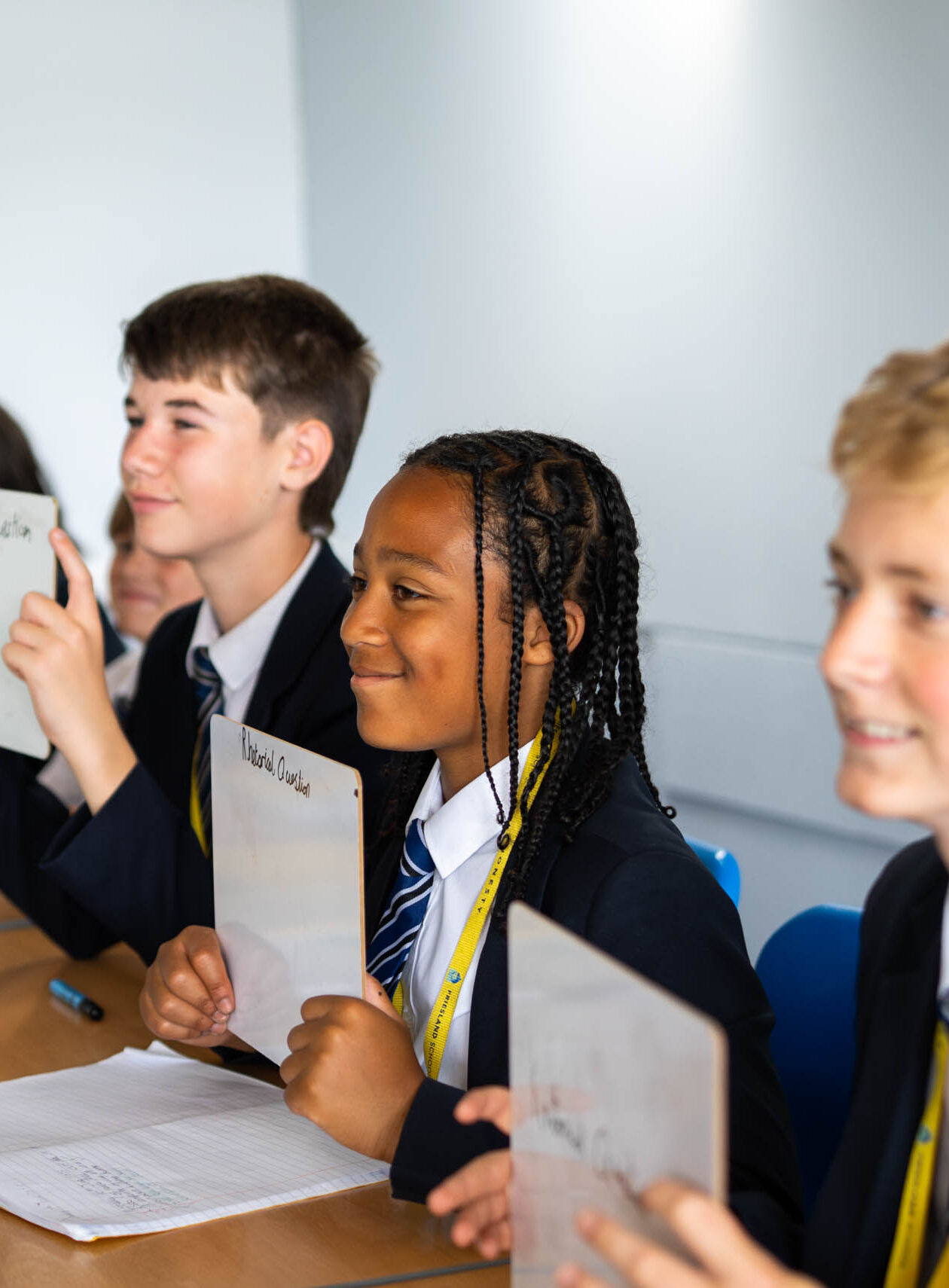Mission
The Drama department at Friesland school aims to foster creative performers and non-performers that appreciate and celebrate cultural diversity.
Intent
We aim to foster these qualities in our students through practically exploring, encountering and appreciating a wide variety of high-quality performance work which motivates them to take risks in their own practical development. This experience is sequenced through students building on their application of knowledge and understanding of performance skills thematically, encountering a wide variety of styles throughout all key stages to build their cultural capital.
The cultural learning alliance have a wealth of evidence which supports the positive impact engaging with arts and cultural activities has on young people’s achievement, job prospects, wellbeing and health. Therefore, throughout students time here at Friesland they will be offered multiple opportunities in each year to visit cultural capital places such as the theatres, libraries, museums, galleries, and concerts. Likewise, opportunities to take part in in-house productions, after school clubs and LAMDA examinations enable students to develop their cultural awareness, teamwork and make a positive contribution to the world we share.
By the end of their education, a student of Drama at Friesland School will:
- Acquire the skills to respond creatively to circumstances
- Acquire the innate ability to select the performance skills required to embody a character on stage
- Ability to appreciate beauty and excellence in a diverse range of performance styles
Receive a comprehensive range of cultural capital activities
Process
Powerful knowledge
- The curriculum is sequenced to ensure students develop in all 4 pillars of assessment in drama: responding (rehearsing), performing, evaluating and knowledge. Students will be exposed to all pillars throughout each scheme of work in a sequenced curriculum which ensures the mastery of performance skills, knowledge and evaluative skills. For example, in KS3 students will work towards how to respond to a stimuli creatively, further developing this into performance concepts which are influenced by practitioners to educate and create meaning in KS4/KS5.
- GCSE topics and scripts have been carefully selected to develop students’ knowledge and performance ability from KS3. For example, students at KS3 will explore the basic use of performance skills in styles such as physical theatre to use their body as a prop. In GCSE students will then study performance texts which are in the style of physical theatre, developing the use of stylised movement to create meaning, making the dialogue support the movement.
- Each scheme of work is sequences to allow students to slowly build on their transferable skills, alongside developing key knowledge of styles of theatre to ensure that all students have the right skill set and knowledge to succeed.
The drama curriculum will support and scaffold all students to be successful:
- In each scheme of work students are supported on the retention of knowledge through regular recalls, do now activities and questioning.
- Students are also given opportunities throughout all lessons to develop their key performance skills through performing to others. This is structured to ensure all students feel supported and have the confidence to perform to others.
- Teamwork is an essential part of drama and at Friesland, therefore groupings in lessons are carefully thought out to ensure that all students need are supported.
- All lessons follow the explicit modelling process of I do, we do, you do. This enables students to have a gradual release of responsibility in their acting to ensure they can process the requirements and expectations of each task from an actor’s perspective.
- Modelled written responses are scaffolded at GCSE to ensure students have the correct foundations to further structure their analysis by reflecting on previous live theatre and how they can use techniques to support further understanding.
The drama curriculum contributes to the personal development of students at Friesland School:
- Drama is a subject that naturally lends itself to the development and continued growth of social skills. In all lessons students are given opportunities to build on their teamwork, communication and self-regulation.
- When practically exploring scripts and performance concepts, students are exposed to several perspectives that differ from those shared by their own communities thus developing their empathy and understanding.
- We select a variety of scripts which represents a varied range of cultural contexts and time periods to develop students understanding and empathy for a range of cultures, historical periods and moral issues which have been explored.
- We select a variety of stimuli in all year groups, ranging from topics such as: social media use and healthy eating to sustainability and environmental issues, many opportunities for personal development are provided
Opportunities are built in to make links to the world of work to enhance the careers, advice and guidance that students are exposed to:
- Throughout students are given opportunities to develop their understanding of the industry through regular trips to the theatre. These are to both expose students to live theatre alongside exploring the non-performer roles.
- Students are regularly given opportunities to develop their experiences as actors through acting festivals, LAMDA and in-house productions.
- When studying different styles of theatre, students are introduced to job roles and influential practitioners. Students often investigate their career progression.
Implementation
Key Stage 3
At Key Stage 3, students have 2 lessons of drama each fortnight. Our curriculum is underpinned by a progressive range of styles such as puppetry and physical theatre. Through introducing students to these styles, the students build a secure foundation of performance skills to be successful at both Key stage 3 and further. Students throughout the two years are exposed to a variety of scripts which enables them to securely understand the meaning behind texts, relationships between characters and build an awareness of the rehearsal technique used to build knowledge and understanding on characterisation. Students also develop a substantive knowledge of the building blocks required to develop devised performances. This enables students to harness their creativity and build strengthen their problem-solving skills through teamwork.
Throughout each year, students are assessed through the four main strands of assessment: rehearsal, performance, evaluation and knowledge/understanding. This is assessed in lessons through: regular checkpoints, in class performances and knowledge tests each semester.
Key Stage 4
Throughout KS4, students will have 6 lessons of drama a fortnight. Our curriculum builds on the knowledge gained at Key Stage 3 and prepares our students with further substantive knowledge and performance ability to be successful. Students study AQA GCSE drama which covers a diverse range of skills and knowledge that are explored practically, in written coursework and through a written exam. The course facilitates students building on their previous knowledge, practically empowering students to explore non-performer roles such as set design, costume, props, lighting and sound.
Students are assessed throughout year 10 and 11. Students will complete their internally assessed devised component in year 10 which includes both a performance and written coursework. In year 11, students will complete both externally marked components, performing scripted extracts and their formal written exam.
Key Stage 5
Through doing GCSE Drama, there is a smooth transition to the option of taking up OCR A Level Drama in which students again build upon their Key Stage 3 and 4 skills. Throughout Key Stage 5, students receive 9 or ten lessons a fortnight divided between two subject teachers. The course focuses on building students’ knowledge on practitioners. Alongside practical explorations, the course enables students to explore different scripts, generating performance concepts which expose the playwrights’ intentions of the text.
Students will follow a similar pathway to KS4, in year 12 students will complete their NEA devising component. Students in year 13 will complete their externally assessed scripted component with both formal written exams at the end of year 13.


